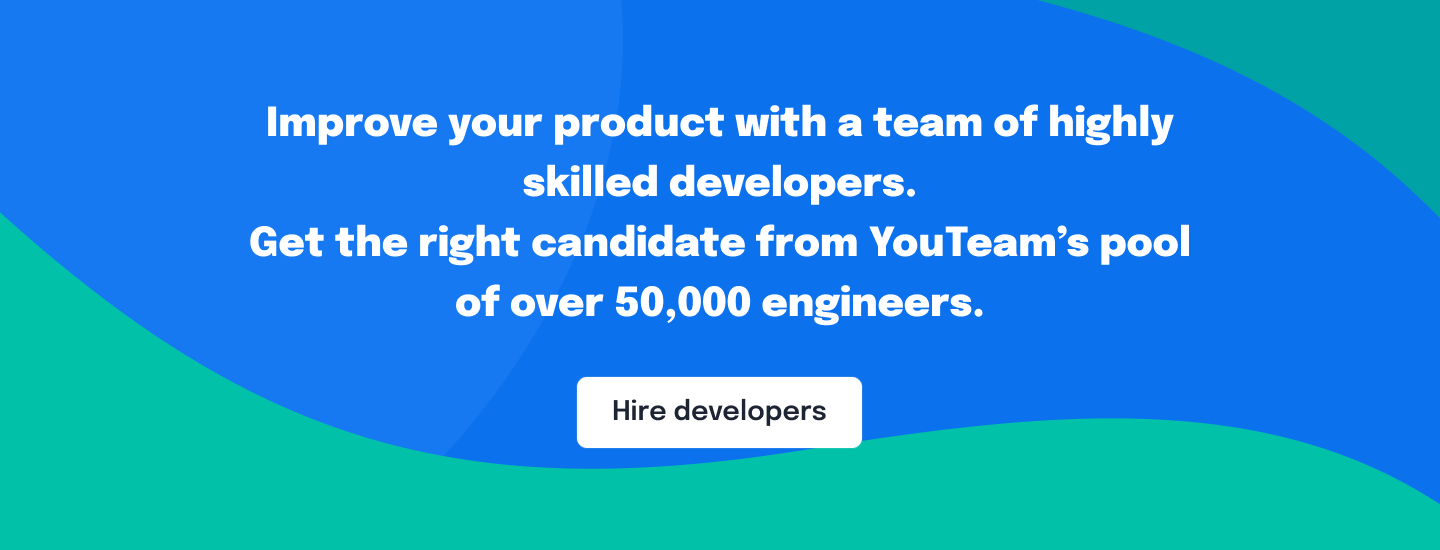So you have a great idea. In fact, it’s an idea that’s so great that you think you can make some money off of it by developing a business. Owning your own business has maybe been a dream of yours since you started your 9-5 job. Having an idea is a great start, but the problem is knowing how to get your new potential startup off the ground.
Despite how great your idea might be, it’s not always easy to start a business. There’s a lot to consider, a lot to do, and a lot of effort that you will need to put in before you claim it’s successful. The failure rate of current startups is high, and there is a lot of competition out there ready to blow you out of the water. However, if you persevere, the rewards of running your own successful startup are absolutely worth it. You can find success, and the first obstacle to clear is simply getting started. The question is, how do you do that?
Table of Contents
Just Get Started
The first thing you need to do to get your startup off the ground is start working on it. It’s a simplistic take, but it’s very important. There is no chance of success if you never begin to put the work in. There are too many people around the world who have great ideas and great business sense but never get around to just getting started. Their idea is dead on the table for no other reason than a lack of effort or courage. Don’t let fear win. Rather than sitting at your day job and dreaming of being your own boss, do the work in your off time to make it happen. The worst thing that can happen is letting yourself get in a cycle of doing nothing. With that mentality, your business will never get to the launching pad, let alone get off the ground.
Do Your Research
As part of your first step to getting started, you need to do your research and see if your product or service is truly needed. A full 56% of startups fail because of a lack of knowledge of the market. You might think your idea is one that a lot of people will want to buy, but maybe it really isn’t it. Or, maybe your idea is already in the market, and there is little space for a new competitor. Startups face numerous challenges, but having a clear brand structure can make a huge difference. Implementing a solid brand architecture framework not only clarifies your brand positioning but also supports marketing strategies and growth. Make sure to do your market research before you spend too much time and money on getting your idea going. Don’t worry if the first thing you think of doesn’t have a market. Your next idea is probably just around the corner.
Consider Your Staffing
You might have an idea, and there might be a place for it in the market, but if you can’t make it happen yourself, then you will need someone to help you do it. For a lot of SaaS and B2B startups, hiring a developer is the right move.
One of the great things about the connected digital world in which we live is that your hiring pool does not have to be in your local area. You can hire someone from literally anywhere. Finding them has never been easier. You can use a developer hiring service and match up with the best developers the world has to offer. They are reliable and talented and just looking for a project to excite their creative and problem-solving juices. Working for a startup can be the perfect opportunity for their growth.
When you are starting up, you want to be as flexible as possible, and outsourcing helps you do that. Hiring a developer through a hiring service allows you to keep your budget lean, instead of having to pay for an office, internet connection, paper, pens, and all of the other costs that come with hiring someone. Plus, they come vetted through their placement agencies, which takes away the risk of hiring someone and then having to replace them shortly after if they can’t do what you need them to do.
Have a Business Plan and Secure Your Funding
When starting a business, you need to have a plan. Without one, you will be rudderless and disorganized. Companies with a business plan are more likely to get funders, more likely to get business loans, and more likely to find growth in the years to come. A business plan is a forecast of what your business will look like in 3-5 years, and how you will get there. It should be specific so that your investors will know exactly what you plan to do, and so that you have a guideline for how you will proceed. It will help you decide what all of your next steps will be.
Your business plan should also include how much capital funding you will need. That will vary from business to business, but make sure to include things like having enough funds to survive, hiring, equipment, supplies, software, and anything else that you might need. There’s a good chance that more will come out of your pocket than you originally anticipated. So, make sure that you have some money saved up for this endeavor. In addition to crafting a comprehensive business plan, consider choosing the favorable structure for your business like setting up an LLC or sole proprietorship. In that case, you’ll need to handle tasks like securing an operating agreement, banking resolution, and federal tax ID unless you include an LLC service as a part of your business plan.
Build Your Website
You can’t be successful if you don’t have a website in this day and age. Your website should be the hub for everything that is to come. It will carry your branding, contain your marketing content, and be a marketplace for your products and services. It should be well designed, user-friendly, and optimized for mobile phones. If this is not something that you are comfortable doing, then outsource this work as well. A poorly designed website will make you look unprofessional and will cause visitors to click away. Plus, it may make things harder for you when the time comes to start working on your SEO.
Marketing and SEO
Now it’s time to get the word out about your business. The best way to do everything correctly and start your way to success, you should hire an SEO and Digital Marketing Agency at the beginning. You can even start this process before you have a product or service to sell. As long as you have your website up and running, you are good to go. SEO is a great way to start. It can be flexible with how much you invest, and it provides a much greater return on investment than paid ads. You can implement some SEO practices like keyword research and link building to improve your visibility and ranking. Although SEO is a crucial part of your strategy, in some industries using PPC tips and paid ads advantages is inevitable. One of the best things about SEO marketing for a startup is that you can start even before you officially launch. The sooner your website has content, it can start to be indexed by Google and other search engines and hopefully move up the ranks.
SEO requires much more than it used to. In the past, you could rely on simple blog posts sprinkled with keywords to help you see your domain on top of Google’s search engine rankings page (SERP) when you check Google rankings on targeted keywords. However, now that algorithms have gotten more sophisticated, you need to put in the work to create relevant, authoritative content that engages readers.
Links are also a huge part of SEO. Since algorithms are looking for reputable sites as part of their criteria to boost them, having links to your site from other reputable ones will make your website favorable. You can use a link-building company to help with this. They will devise a strategy to not just produce content on your website, but to identify other sites from which you can benefit having backlinks.
Build
Now that you’ve gotten things off the ground, the work doesn’t stop. From here on in you will work to grow your business and reach your goals. This means providing quality products and excellent service. Over time, you may want to hire more people, or pivot your business model to something different, or even move on to other ventures. The key is that you should never standstill. Initial success won’t necessarily mean sustained success, so you should always be looking ahead at other opportunities to improve and grow your business and your skills. Never be static.
Starting a business is exciting. From the moment that first kernel of an idea pops into your head, to the moment when you make your first sale, there is a lot of work to do. However, with this guide, you can make sure that you have everything you need in place to have a successful launch. Don’t hesitate about making your dreams come true. Do the work, and great things will follow.






